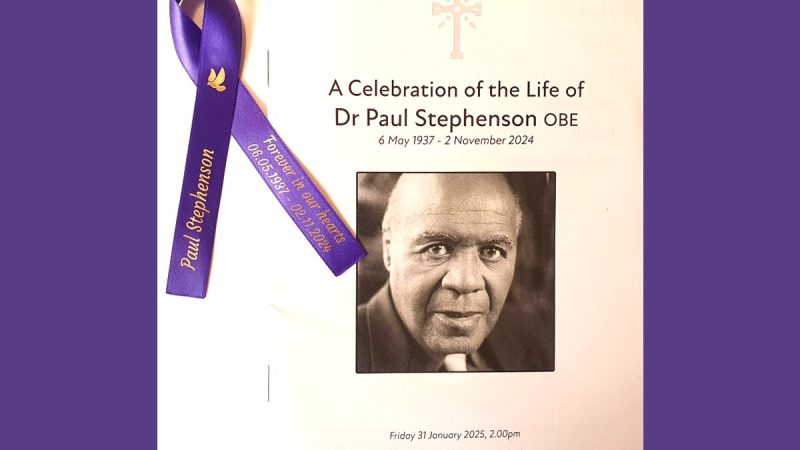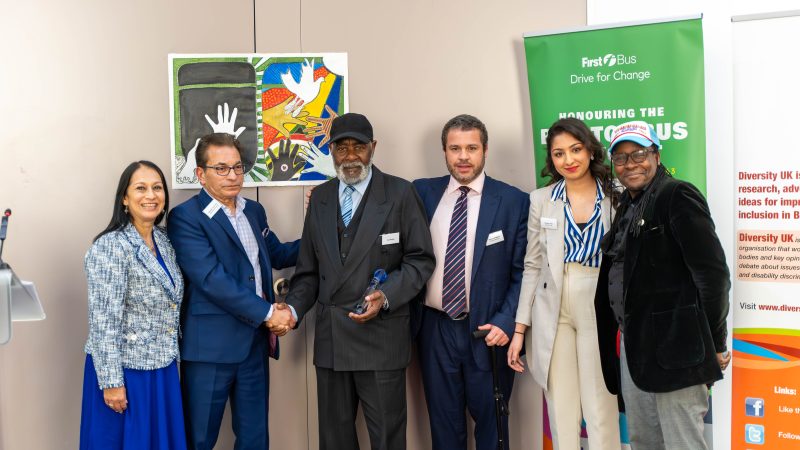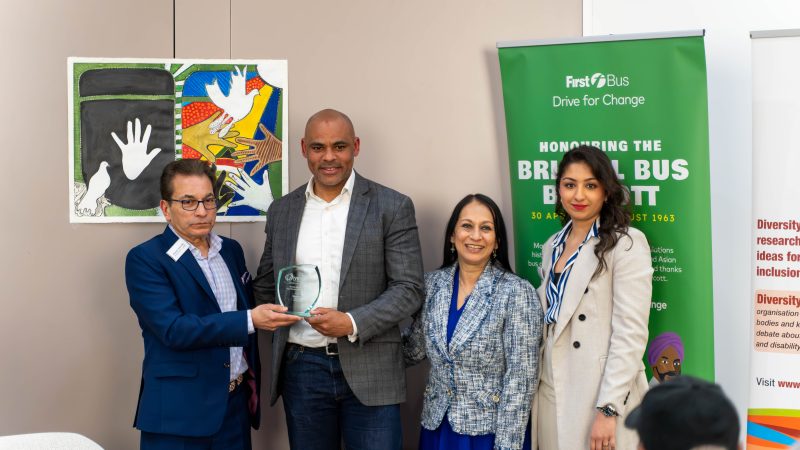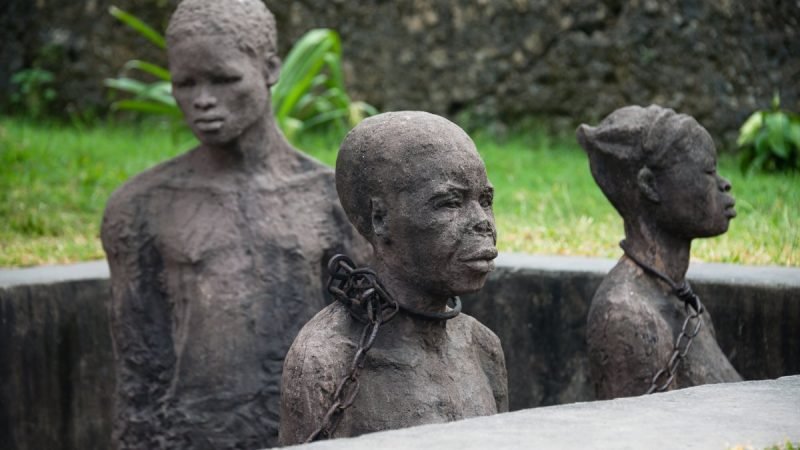$100K Prize for Non Fiction embraces diversity
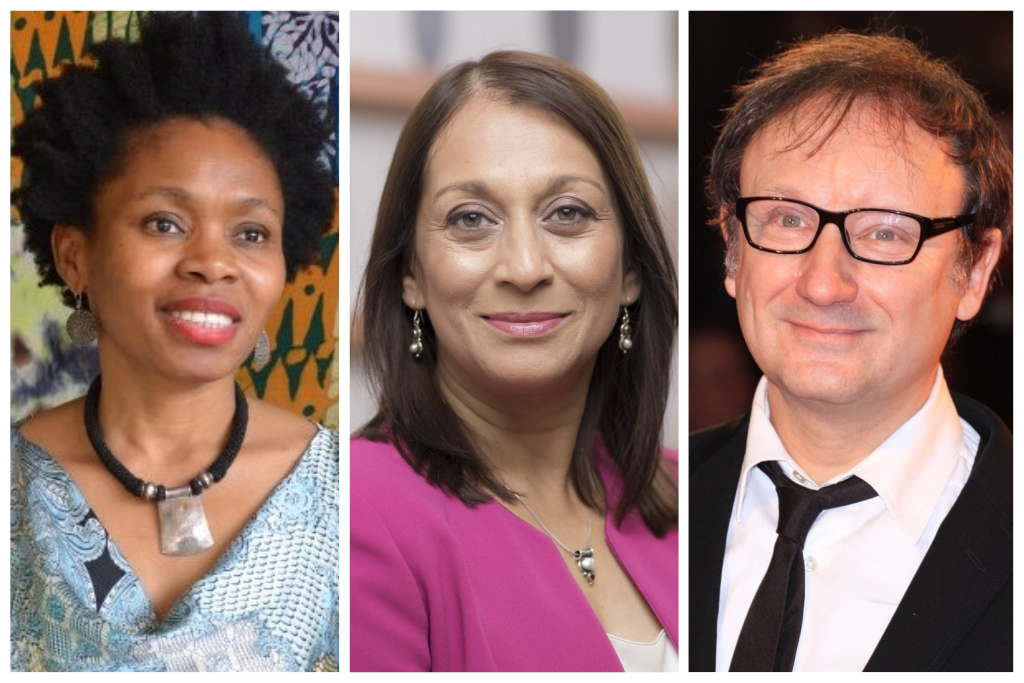
The Nine Dots Prize for creative non fiction is offering US$100,000 and a book deal with Cambridge University Press to whoever can best answer the question ‘Is there still no place like home?’. The prize wants to encourage answers from a broad range of people so it released its second podcast looking at the importance of diversity. Organisers also want to dispel any myths surrounding why someone might feel that this Prize is not for them and to ensure that people from all backgrounds feel confident about submitting an answer. To inspire entrants, Nine Dots gathered together three prominent people from minority backgrounds and asked them to share their personal experiences.
The three interviewees are:
Bibi Bakare-Yusuf, co-founder and publishing director of one of Africa’s leading publishing houses, Cassava Republic Press, and the co-founder of Tapestry Consulting, a boutique research and training company focused on gender, sexuality and transformational issues in Nigeria
Lee Hall, an award-winning author and screenwriter best known for Billy Elliot and The Pitman Painters. He draws inspiration for his work from his working-class upbringing in Newcastle
Lopa Patel, MBE, is a digital entrepreneur. Her parents were shopkeepers who arrived in Britain in the 1970s. She is the Founder & CEO of equality and inclusion think tank Diversity UK and a Trustee of The Science Museum Group.
You can listen to the full podcast above or by clicking here but, to get you started, here are some words of wisdom from each of the contributors:
“The racial element, it’s quite interesting, a lot of people when they first listen to me would say, oh well but you don’t strike me as being Asian – I don’t know whether to take that politely or be affronted by it.” – Lopa Patel, on racial stereotyping
“I was very lucky in the 70s in Newcastle because there was a movement to try and engage kids into drama, which I think liberated me and really that’s how I ended up pursuing literature and drama.I ended up doing quite well in my exams and going to Cambridge. When I got to Cambridge I realised that I had a real advantage having a completely different vantage point to everybody else. It was a huge privilege in itself and a huge gift.” – Lee Hall, on why his working class background proved to be a great advantage for him
“The fact that it’s anonymous should encourage more writers from diverse backgrounds and the reason being is that you feel you have more of a chance. You feel, I can do it, because they won’t even know who I am so they will judge me based on the merit of my work – one of the things I find really attractive about this Prize is the fact that we’re not going to know the names or where they come from, it’s anonymous.” – Bibi Bakare-Yusuf, on why the anonymity of the Nine Dots Prize is important
About the Nine Dots Prize
This year marks the launch of the second cycle of the Nine Dots Prize, which is designed to promote and encourage innovative thinking and engaging new writing that addresses the challenges facing the modern world. The Prize is judged entirely anonymously and encourages submissions from both experienced authors and new voices.
How to apply
Entrants must respond to the set question in 3,000 words and provide an outline showing how they would expand their response, backed up with relevant research and evidence, into a short book of between 25,000-40,000 words. The winner will receive editorial support from Cambridge University Press as well as the opportunity to spend a term at the Centre for Research in the Arts, Social Sciences and Humanities (CRASSH), at Cambridge University, to help develop their ideas and focus on their writing.
The judging process
The Prize will be judged by an 11-strong Board of internationally recognised and distinguished academics, authors, journalists and thinkers. In 2018/2019 they will include Pulitzer Prize–winning journalist and author Anne Applebaum; Head of the Department of Politics and International Studies at the University of Cambridge Professor David Runciman and co-founder and publishing director of one of Africa’s leading publishing houses, Cassava Republic Press, Bibi Bakare-Yusuf. The Board will again be chaired by Professor Simon Goldhill, Professor in Greek Literature and Culture and Fellow of King’s College, Cambridge.
Anonymous judging process
Professor Goldhill says: “What makes the Nine Dots Prize unique is the anonymous judging process, which ensures that it is awarded solely based on the entrants’ ability to engage fully and insightfully with the question and deliver an original and well-evidenced response. The Prize seeks answers to some of the major challenges facing the world today, but the questions that we set are intentionally open to allow for different responses. We are looking for a new voice that has a new perspective on one of the most pressing issues for modern life.”
The inaugural Nine Dots Prize posed the question ‘Are digital technologies making politics impossible?’ and was won by former Google employee turned Oxford philosopher, James Williams. The resulting book, Stand Out of Our Light: Freedom and Resistance in the Attention Economy, was published in May 2018 to critical acclaim (‘A landmark book’ – the Observer; ‘Switch off your smartphone, slouch in a comfy chair, and pay your full, undivided, attention to this short, absorbing, and deeply disturbing book’ – Financial Times).
James Williams says: “Before winning the Nine Dots Prize, I’d spent several years at Oxford investigating a problem that I felt was of great consequence for society. However, I lacked a clear platform for bringing that thinking to the world. Winning the Nine Dots Prize gave me such a platform: it afforded me the time, the resources, and the support structure I needed to quickly distil some of those ideas into a book. Throughout the writing and editing process, I was particularly fortunate to have benefitted from the expert editorial guidance of Cambridge University Press, research support from CRASSH, and perceptive feedback from the Nine Dots staff and board. This is a unique prize. If you feel you’ve got something unique to say, I’d strongly encourage you to contribute a response to this year’s question.”
Terms & conditions
The Nine Dots Prize is open to anyone worldwide aged 18 years or over writing in English. Entries must be submitted through the online submission form by midday (GMT) on Monday 21st January 2019. The winner will be announced on 29th May 2019.
For further information visit https://ninedotsprize.org/

